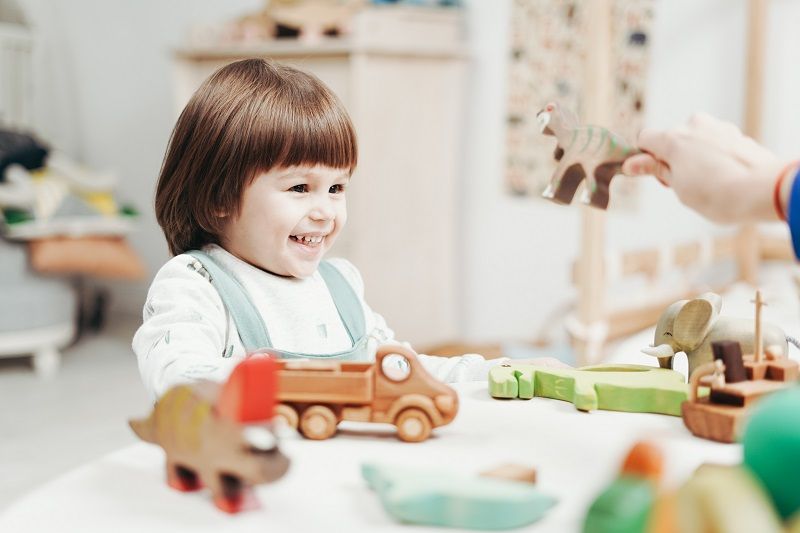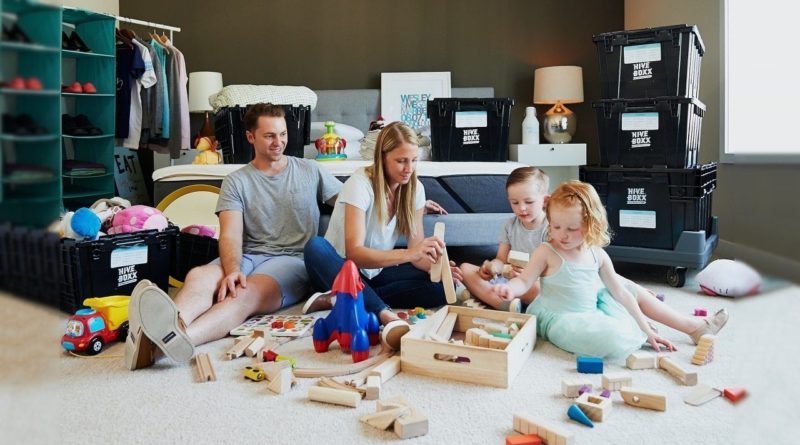Three Ways To Support Your Child’s Education
As a parent or guardian, one of your most important roles is to provide ample support for your child’s education.
A good education often gives children a good start in life when they become adults. However, it goes beyond what they learn in the classroom. Your support and guidance can positively impact their classroom and home performance. Fortunately, 85% of UK parents believe in playing active roles in their children’s education, which is impressive. The question now is, how do you go about it? These are some suggestions.
Create a positive learning environment at home

How conducive is the home environment to supporting your child’s education? A report by the National Foundation for Educational Research indicated that children tend to do better in school when the home offers a peaceful atmosphere for learning. Such children often achieve higher grades, have better attendance rates, and, most importantly, cultivate a positive attitude towards learning in and out of the classroom. A supportive home environment is not about style or aesthetics. On the contrary, it has more to do with an established learning routine, access to educational materials, and designated study space. The idea here is to reinforce what your child is learning in school and to ensure continuity in their studies. Distractions like persistent loud noises at home can derail any progress you wish to make in that regard with your child. When you successfully create a positive learning environment at home, you will help your child adopt good study habits.
Support your child’s interests and passions
Some children are arts inclined, while others are more in tune with science. Every child has unique interests, and identifying these will let you offer the necessary support. Suppose your little one loves adventure and the great outdoors. In that case, try researching options for children’s adventure holidays and settle on the best one for yours, depending on your kids’ age range. Remember that education doesn’t only happen within the four walls of a school classroom. Camping and other outdoor activities present alternative means to teach young children about the world around them. It is also a healthy way to build lasting friendships that may contribute to their professional lives in the future. As you support your child’s interests and hobbies, avoid making demands. For example, if your young one isn’t science-oriented, forcing them to develop an interest to suit your wishes would be a negative move.
Stay informed and involved in your child’s education

As a parent, collaborating with your child’s school and teacher will help you stay informed and actively involved in their education beyond homework. One of your primary responsibilities is to stay updated on your children’s progress and performance in school. If they engage in extracurricular school activities, finding out how they do in those areas would be best. Moreover, attend parent-teacher conferences, as that presents an opportunity to communicate with your children’s tutors. These one-on-one sessions let you know more about your child’s strengths and weaknesses, especially in academics. The earlier you familiarise yourself with your little one’s weaknesses, the easier it will be to find solutions.






